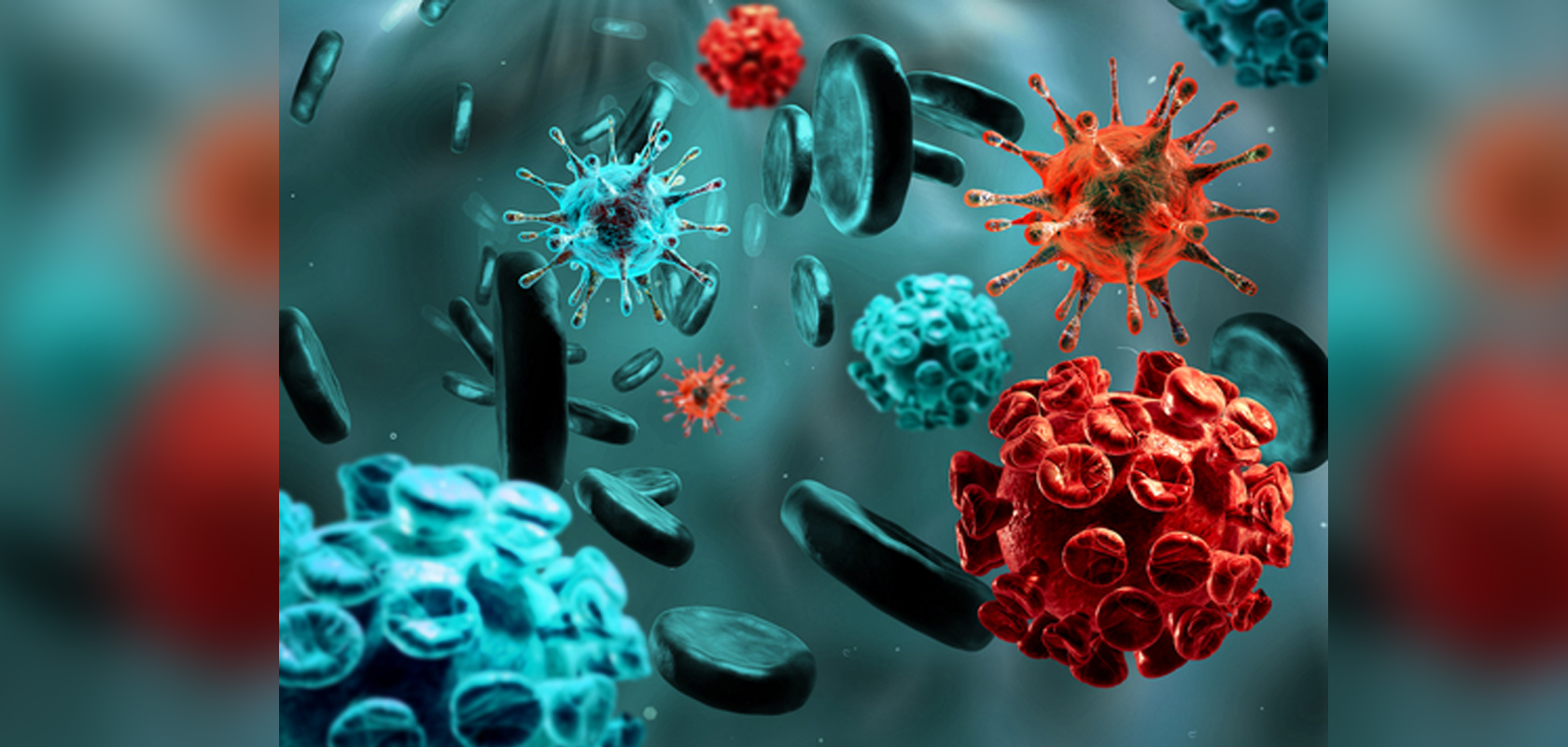- Shriji Complex,Sonkh Adda,Dampier Nagar, Mathura
- +91-9457126888, 8449714305
- consulthomoeopathy@gmail.com
Immunity
keeping people healthy and preventing infections

The immune system, which is made up of special cells, proteins, tissues, and organs, defends people against germs and microorganisms every day. In most cases, the immune system does a great job of keeping people healthy and preventing infections. But sometimes problems with the immune system can lead to illness and infection.
Humans have three types of immunity — innate, adaptive, and passive:
Innate Immunity
Everyone is born with innate (or natural) immunity, a type of general protection. Many of the germs that affect other species don't harm us. For example, the viruses that cause leukemia in cats or distemper in dogs don't affect humans. Innate immunity works both ways because some viruses that make humans ill — such as the virus that causes HIV/AIDS — don't make cats or dogs sick.
Innate immunity also includes the external barriers of the body, like the skin and mucous membranes (like those that line the nose, throat, and gastrointestinal tract), which are the first line of defense in preventing diseases from entering the body. If this outer defensive wall is broken (as through a cut), the skin attempts to heal the break quickly and special immune cells on the skin attack invading germs.
Adaptive Immunity
The second kind of protection is adaptive (or active) immunity, which develops throughout our lives. Adaptive immunity involves the lymphocytes and develops as people are exposed to diseases or immunized against diseases through vaccination.
Passive Immunity
Passive immunity is "borrowed" from another source and it lasts for a short time. For example, antibodies in a mother's breast milk give a baby temporary immunity to diseases the mother has been exposed to. This can help protect the baby against infection during the early years of childhood.
Everyone's immune system is different. Some people never seem to get infections, whereas others seem to be sick all the time. As people get older, they usually become immune to more germs as the immune system comes into contact with more and more of them. That's why adults and teens tend to get fewer colds than kids — their bodies have learned to recognize and immediately attack many of the viruses that cause colds.
Problems of the Immune System
Problems of the Immune System
- Immunodeficiency disorders (primary or acquired)
- Autoimmune disorders (in which the body's own immune system attacks its own tissue as foreign matter)
- Allergic disorders (in which the immune system overreacts in response to an antigen)
- Cancers of the immune system
Key to a healthy child is a strong immune system
When functioning properly, the immune system fights diseaseproducing organisms such as bacteria, viruses, fungi, and parasites. All children are continuously exposed to these pathogens, but exposure does not mean a child will get sick. A strong immune system provides a child with powerful natural defenses against disease. Conversely, a child with a weakened immune system is vulnerable or more susceptible to colds, flu, and more serious illnesses.
It is virtually impossible to germproof your child. Germs are abundant everywhere, especially in situations such as daycare or preschool. Being exposed to germs is a part of life, and not necessarily unfavorable. Exposure to different viruses and bacteria can actually strengthen a child’s immune system.
If your child is overly susceptible to illness, you may want to take steps to enhance his or her immune system and make it as strong as possible.. The powerful tools of prevention include breastfeeding, good nutrition, nutritional supplements, a healthy mental attitude and emotional well-being, a nontoxic environment, chiropractic care, low stress, and plenty of rest and exercise.

